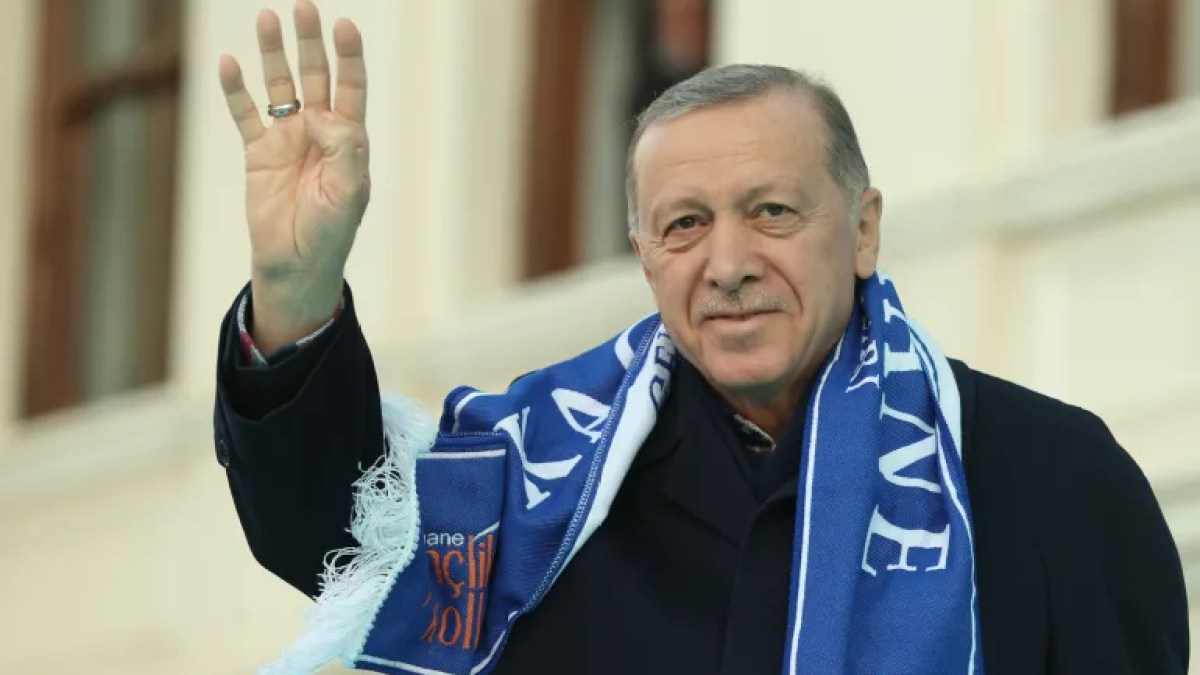The head of the New York Times bureau in Istanbul, Ben Hubbard, writes that President Recep Tayyip Erdogan's re-election gives him another 5 years to deepen his conservative imprint on Turkish society and achieve his ambition to strengthen the country's economic and geopolitical power.
Turkey's NATO allies — who have often seen Erdogan as a frustrated partner because of his anti-Western rhetoric and close ties to Russian President Vladimir Putin — have watched the election closely.
Erdogan has given no indication that he plans to change his foreign policies, summarizing his most important observations on these elections in the following points:
First, the crises hurt Erdogan but did not break him. The election was his most challenging in 20 years as Turkey's most prominent politician, prime minister since 2003 and president since 2014. However, he triumphed thanks to the strong support of a large segment of the population and thanks to his skills as a fighter.
Religious Turks who appreciate his expansion of Islam's role in public life, and even many angry at inflation, have said they don't trust the opposition can govern better.
Second, the recent earthquake did not affect the elections much. Erdogan came to power 20 years ago amid anger over the government's "catastrophic" response to an earthquake near Istanbul in 1999 that killed more than 17,<> people.
Many expected this year's earthquake to hurt Erdogan's stature as well, but there is no indication of that.
Third, the warnings of terrorism resonated with voters. Erdogan has undermined the opposition by portraying its leaders as weak and unqualified. He always argued that they would be lenient with terrorism. Many voters believed him and expressed distrust of the opposition to keep the country safe.
Fourth, voting was free, but the chances were not equal. International observers did not report any widespread problems with the process of collecting and counting votes, considering that the process was free. But they noted the enormous advantages Erdogan enjoyed before the vote began, including his ability to launch billions of dollars in government spending initiatives to offset the negative effects of inflation and other economic pressures.

